Time for the Nobel Prize
It is Nobel Prize week. As a Swedish citizen I am – like almost every Swede – very proud of the Nobel Prize institution.
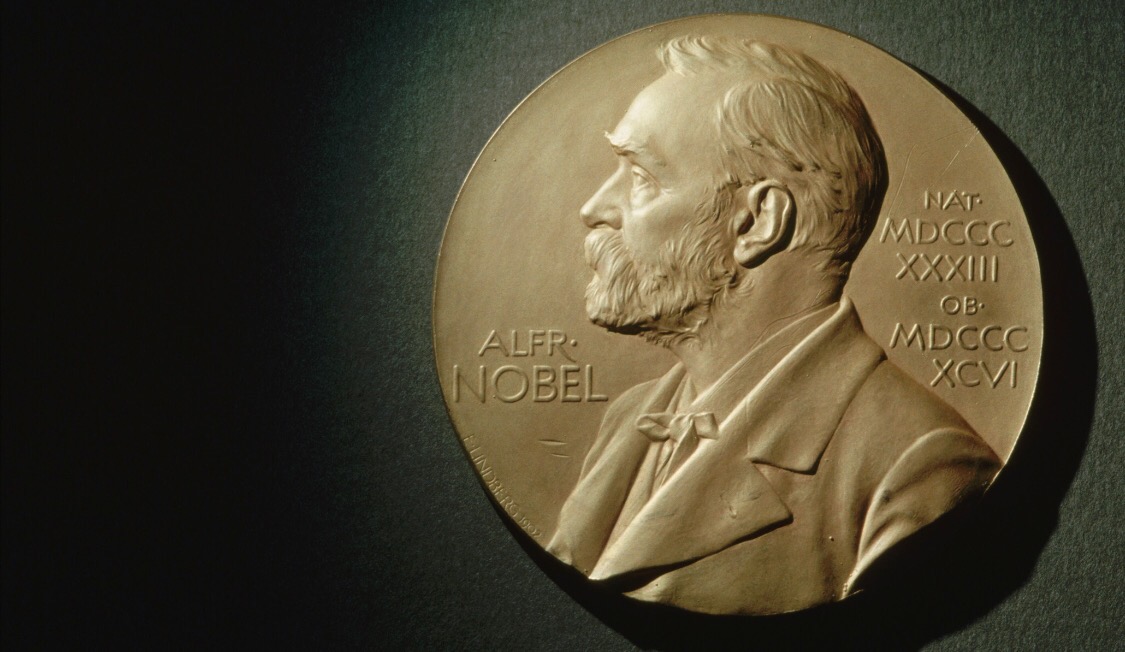
The Nobel Prize is a set of annual international awards bestowed in a number of categories by Swedish and Norwegian institutions in recognition of academic, cultural, and/or scientific advances.

The will of the Swedish inventor Alfred Nobel established the prizes in 1895.
The prizes in Chemistry, Literature, Peace, Physics, and Physiology or Medicine were first awarded in 1901, 115 years ago.
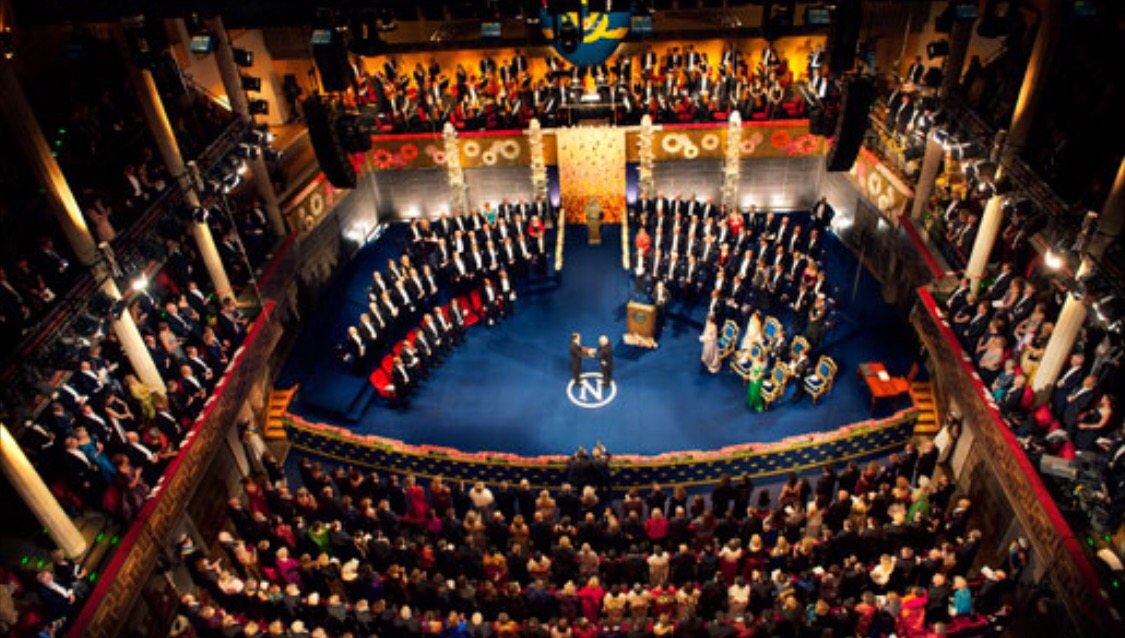
The related Nobel Memorial Prize in Economic Sciences was established by Sweden’s central bank in 1968.
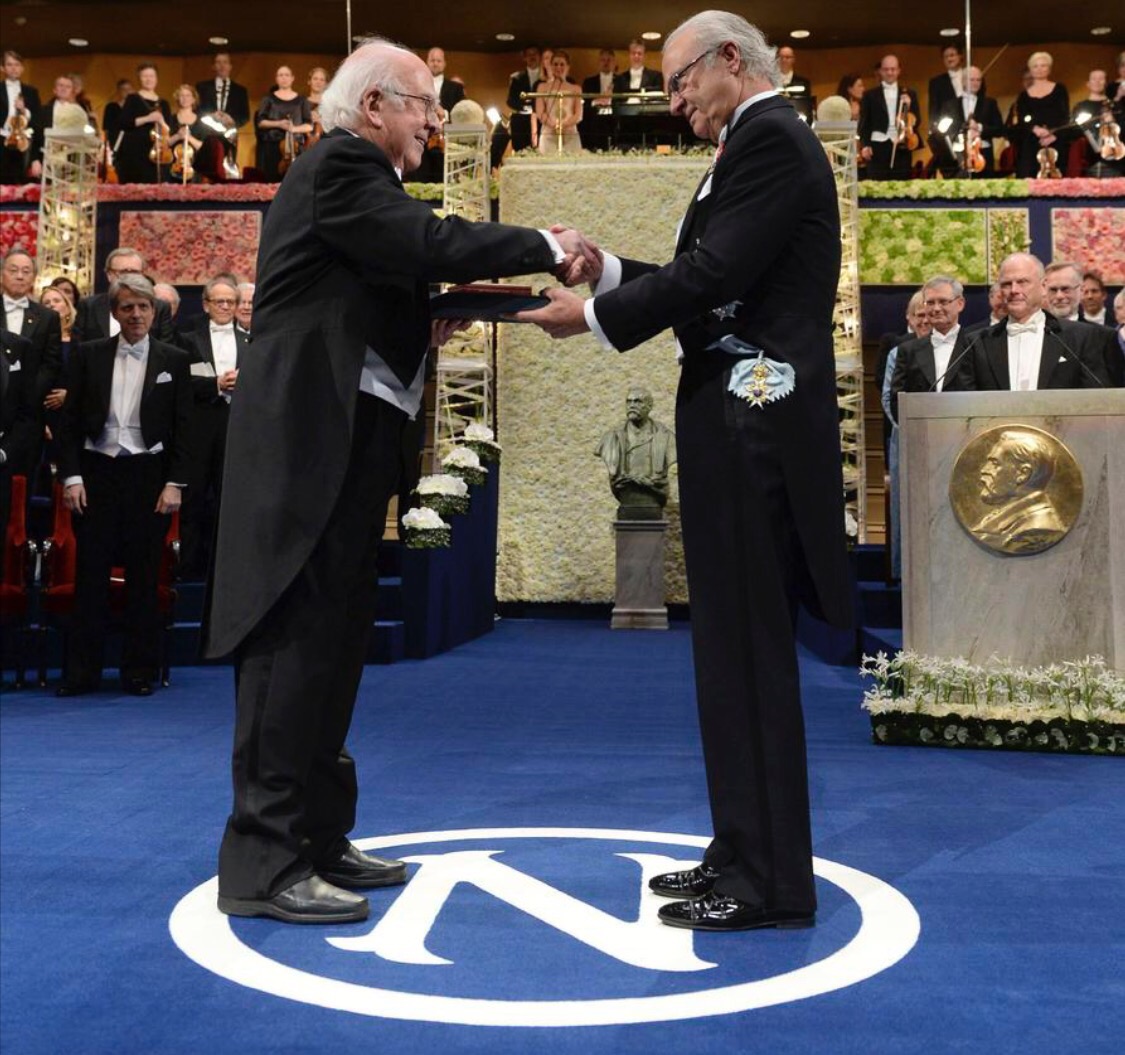
Medals made before 1980 were struck in 23 carat gold, and later from 18 carat green gold plated with a 24 carat gold coating.
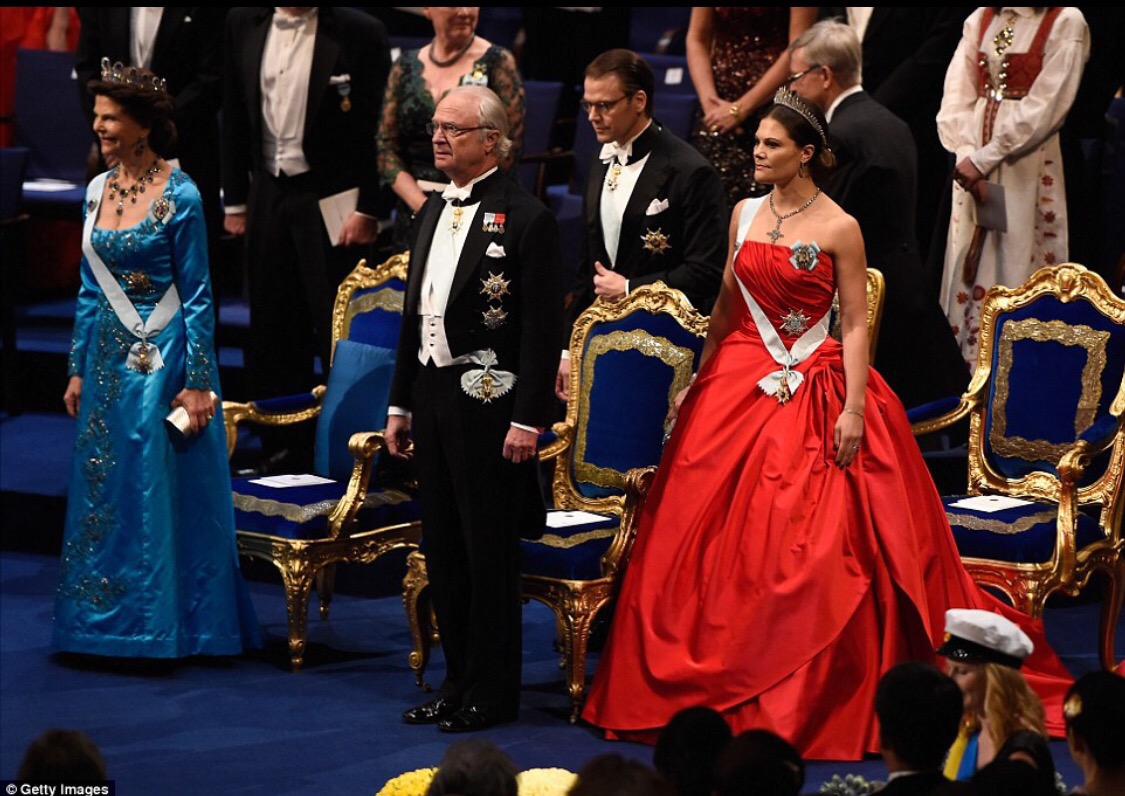
Between 1901 and 2015, the Nobel Prizes and the Prize in Economic Sciences were awarded 573 times to 900 people and organizations. With some receiving the Nobel Prize more than once, this makes a total of 870 individuals (822 men and 48 women)[2] and 23 organizations.
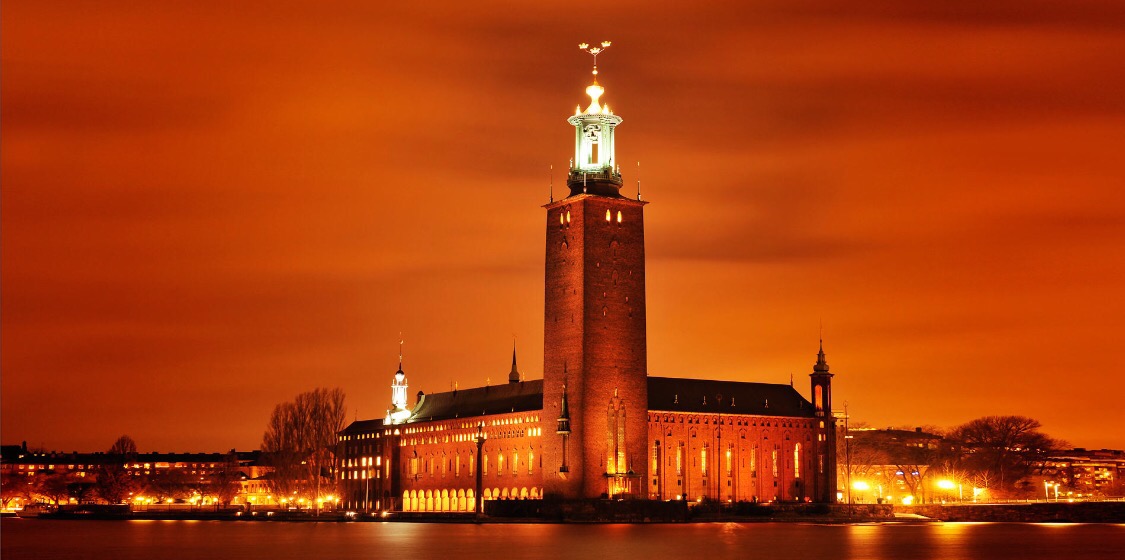
The prize ceremonies take place annually in Stockholm, Sweden (with the exception of the peace prize, which is held in Oslo, Norway). Each recipient, or laureate, receives a gold medal, a diploma, and a sum of money that has been decided by the Nobel Foundation. (As of 2012, each prize was worth SEK8 million or about US$1.2 million, €0.93 million, or £0.6 million.) The Nobel Prize is widely regarded as the most prestigious award available in the fields of literature, medicine, physics, chemistry, peace, and economics.
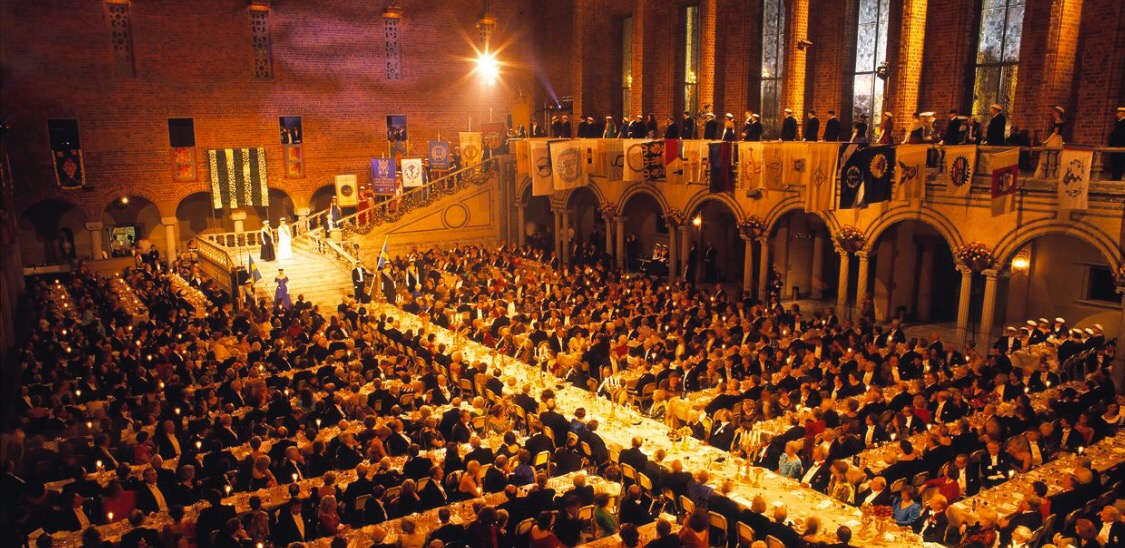
The Royal Swedish Academy of Sciences awards the Nobel Prize in Physics, the Nobel Prize in Chemistry, and the Nobel Memorial Prize in Economic Sciences; the Nobel Assembly at Karolinska Institutet awards the Nobel Prize in Physiology or Medicine; the Swedish Academy grants the Nobel Prize in Literature; and the Nobel Peace Prize is awarded not by a Swedish organisation but by the Norwegian Nobel Committee.
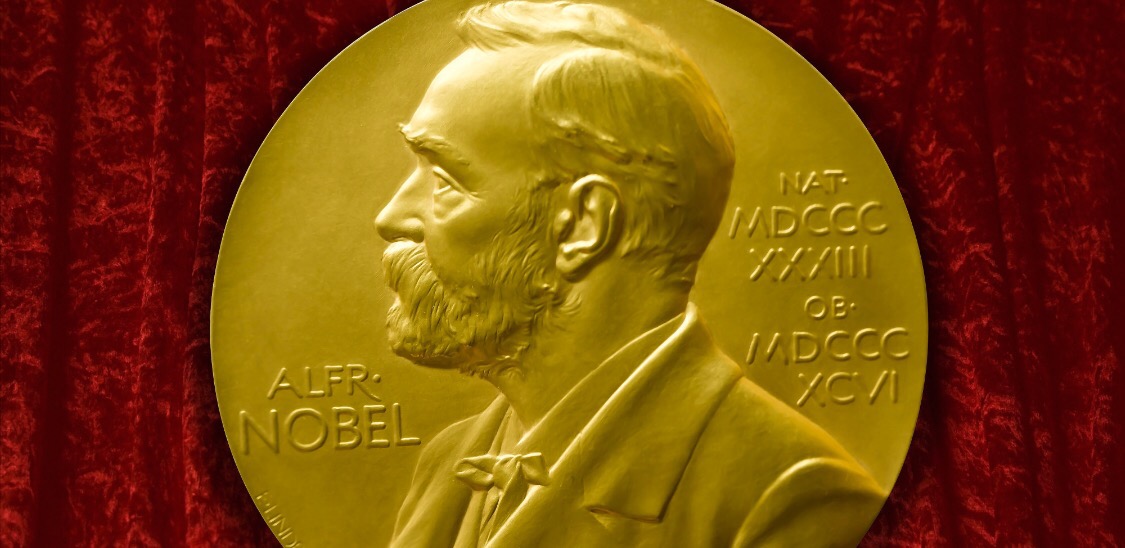
The prize is not awarded posthumously; however, if a person is awarded a prize and dies before receiving it, the prize may still be presented. Though the average number of laureates per prize increased substantially during the 20th century, a prize may not be shared among more than three people.
We are very proud of this Swedish prize, likely the most famous and prestigious award in the world.
You must be logged in to post a comment.